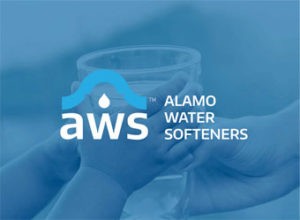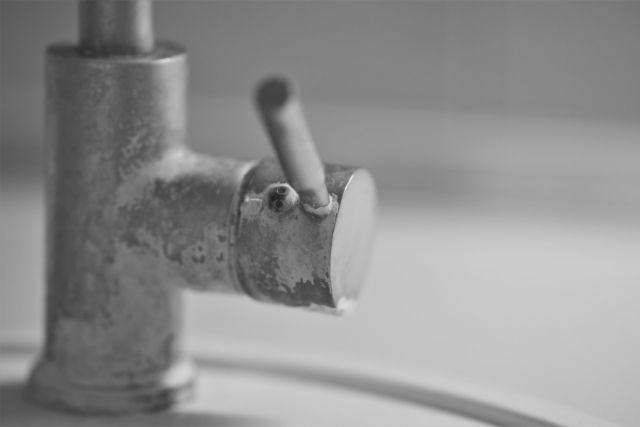The Three Grades Of Water Quality
Many of us have fond summer memories of our parents telling us to not drink water from the hose, but why were they so adamant? Water is water, right? The quality of water you use to water your garden is usually different than what you would find while cooking. Understanding the different grades of water, their uses, and how they affect your home is helpful information to know to keep your family safe and your home running as efficiently as possible.

Alamo Water Solutions Houston – Drinking Water – Water Filtration
Utility Grade Water
Utility Grade water is essentially the raw water right from your well or the city on your outdoor spigot. It is not subjected to any filtration or softening and is considered best used outdoors for irrigation, landscaping, or exterior cleaning. Just like you wouldn’t buy cases of bottled water to help grow your garden, you don’t need the highest quality of water for most outdoor activities. Untreated or “raw” water will do the job just fine. Depending on the source, this raw water might have a funny odor or may cause rust-colored staining or build-up on the side of your house or driveway indicating additional treatment is needed outside if you want to keep everything looking pristine.
Once the raw water enters your home, any staining, hardness, or odors becomes a bigger issue and should be addressed to prevent damage to appliances, clothes, fixtures, and your skin, which leads us to the next grade of water quality.
Working Grade Water
Working Grade water is the treated water you would use to do laundry, shower, and clean your home. Often times it is subjected to softening or filtration and should be better quality because it runs through your plumbing system and is used in high-efficiency appliances, such as dishwashers and refrigerators. Some modern appliances will even state in their warranty that softened water must be used to ensure you are not causing unnecessary damage to their product.
Hardness may not be the only issue inside your home. Remember those rust stains on the driveway? While it might be tolerable to deal with those types of iron issues outside, once iron in your water starts staining your sinks, showers, and tubs it becomes a little more embarrassing and potentially damaging. A whole-home filtration system will keep your home’s fixtures sparkling clean.
Working Grade water can be consumed, but it is not held to the highest drinking standards. For the greatest peace of mind, the type of water you drink, cook with, and brew your coffee with should be filtered even further to the highest standard possible.
Drinking Grade Water
Drinking Grade water is just that; filtered, clean water of the best quality for consumption. It is what we ingest through drinking, cooking, and ice. It is purified to reduce pollutants and toxic chemicals that are associated with health concerns. With high-quality drinking water, you can count on delicious, pure, refreshing water. Our Pioneer system can give you the highest quality drinking water for your home and family.
Providing Drinking Grade water to your home can be as simple as installing a reverse osmosis (RO) system. These products filter down to the microscopic level and have been certified to reduce contaminants like lead, arsenic, and nitrates. They are a cost-effective alternative to buying bottled water by giving you access to purified water right at your own kitchen sink.
How To Get The Right Grade of Water
Depending on where you live or where your water supply comes from, different levels of treatment may be required. Some cities may provide their residents with water that is pre-treated and has little to no hardness, so it is great Utility Grade and Working Grade water right off the bat. Other municipalities in a hard water area may require softening to make it good Working Grade water, and an RO for Drinking Grade water.
Homes with well water often come with the opportunity for a wider range of water issues. That may mean softening, a whole-home filter, and an acid-neutralizer are needed to bring the water up to a Working Grade level for your home. In any instance, the larger treatment products are necessary before a reverse osmosis system can be properly utilized to make it pure enough to categorize it as Drinking Grade water.
Alamo Water Solutions can help explain these grades of water and provide counsel on what steps you can take to get your home’s most efficient level of water and to supply your family with the cleanest water possible. Contact Alamo Water Solutions in Houston today at (210) 274-6122 today.
Follow Us!
